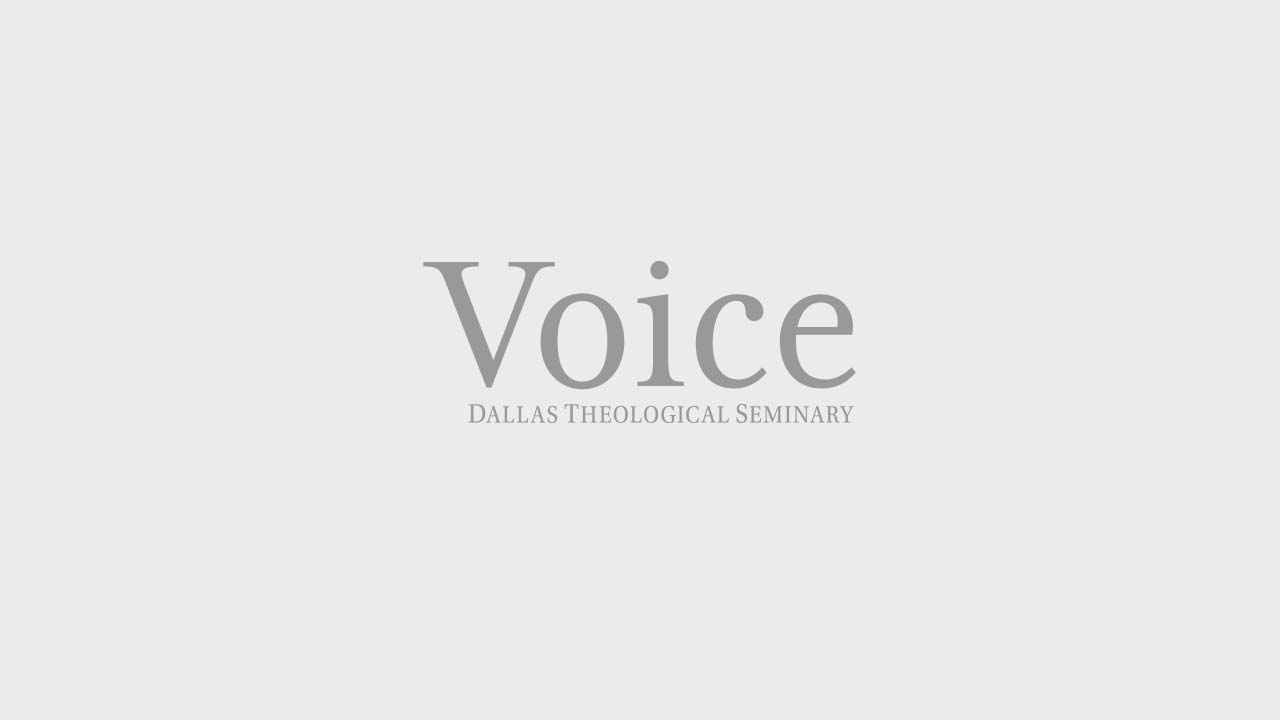Postmodern Conversation – Defined, Themes
Brian McLaren explains the difference between modernity and postmodernity and its implications for evangelism, theology, and doctrine.
Introduction to the Modern World
- Notes reference
- Historical timeline: 1500 (conception), 1750 (birth), current state
Coexistence of Different Eras
- Modern and Postmodern Worlds
- Coexistence of multiple worlds
- Examples: Western Europe, North America, Global South
- Transition and Overlap
- Transition of pre-modern to post-modern bypassing modernity
- Dominance of modernity in the United States and parts of Asia
The Role of Religion
- Christianity and Modernity
- Evangelical and Pentecostal churches in Global South
- Transition from medieval to modern Christianity
- Islam and Modernity
- Struggle of Islam with modernity
- Survival challenges in a modern world
Cultural Phenomena and Examples
- Example from Papua New Guinea
- Cultural coexistence and modernity
- Technological Convergence in the 1500s
- Communication, weapons, spirituality, transportation
- Birth of modern nation-state and capitalism
The Impact of Communication and Technology
- New Communication Technologies
- Influence of the internet on global awareness
- Example of a woman in Sichuan Province, China
- New Scientific Paradigms
- Shifts from classical particles to quarks and gluons
- Distinction between matter and patterns in space-time
Postmodern World and Challenges
- Shift from Modern to Postmodern
- Collapse of traditional categories (natural vs. supernatural)
- Return of spirituality in a new form
- New Weapons and Transportation
- Development of nuclear, biological, and chemical weapons
- Impact of new transportation on global connectivity
Spiritual Revival and Paradigm Shifts
- Spiritual Revival Outside the Church
- Example from Leon Sweet's observation
- Defining Postmodernism
- Fluid and emerging nature of postmodernism
- Challenges in defining postmodern characteristics
Transition Phases and Reactions
- Early Negative Phases of Postmodernism
- Anger and critique within emerging movements
- Role of patience, understanding, and forgiveness
- Constructive Engagement and Definition
- Importance of constructive engagement
- Theological humility and repentance in post-liberal movements
Challenges and Adaptation
- Addressing Global Challenges
- Collaboration among different Christian traditions
- Engaging with the emerging postmodern world
- Concept of Postmodernity
- Moving beyond modernity without repudiation
Themes of Transition
- From Medieval to Modern
- Snapshots of transitioning ideas and examples
- Adaptation of pre-modern practices in modern context
- From Modern to Postmodern
- Example of a snapping turtle with a plastic ring
- Shifting constraining ideas to enable future growth
Missionary Movements and Cultural Sensitivity
- Colonialism and Missionary Movements
- Intersection of colonialism and missionary work
- Modern missionary movements and their impact
- Cultural Conquests and Conservation
- Shift from conquest to conservation
- Re-evaluating evangelistic terminology and practices
Shifts in Evangelistic Approaches
- Reductionistic and Analytical Approaches
- Critique of reductionistic evangelistic tools
- Need for holistic and systemic approaches
- New Science and Spirituality
- Relationship between science, spirituality, and mental health
- Challenges in addressing new scientific realities
Philosophical Shifts
- Objective vs. Intersubjective Reality
- Moving beyond objective and absolute truth
- Emphasis on personal and relational aspects of reality
- Post-Critical and Relational Worldview
- Finding ways to debate truth without insulting
- Recognizing the dangers of both relativism and absolutism
Organizational Changes
- From Organizations to Alliances
- Shift from autonomous organizations to networks
- Embracing symbiotic and collaborative relationships
- Individualism to Community
- Challenges of individualistic Christianity
- Emphasis on community and relational faith
Navigating Protestantism and Consumerism
- Post-Protestant World
- Apology and humility in leadership
- Consumerism as a Challenge
- Critique of consumerism within Christianity
- Need for a post-consumerist vision
Literacy and Globalism
- Transition in Literacy
- From print literacy to digital and layered literacy
- Impact on learning and information processing
- Post-Nationalism
- Global consciousness post-September 11th
- Role of Christianity in a globalized world
Modernity and Its Legacy
- Success in Modernity
- Challenges faced by modern-adapted churches
- Learning from Pre-Modern Resources
- Rediscovering pre-modern practices for spiritual formation
Looking Ahead
- Responding to New Contexts
- Weaving wisdom from modernity into postmodernity
- Embracing Postmodernity
- Opportunities and challenges in adapting to postmodern culture
Conclusion and Call to Action
- Commitment to Postmodern Engagement
- Encouraging exploration and learning in new contexts
- Emphasis on Humility and Collaboration
- Avoiding elitism and fostering inclusive engagement
Questions and Discussion
- Addressing Concerns and Examples
- Responding to questions about postmodern churches
- Importance of Local and Indigenous Models
- Encouraging creativity and cross-pollination in ministry
*The above summary is AI-generated, so discrepancies may exist. Please refer to the audio or video file to verify accuracy.

